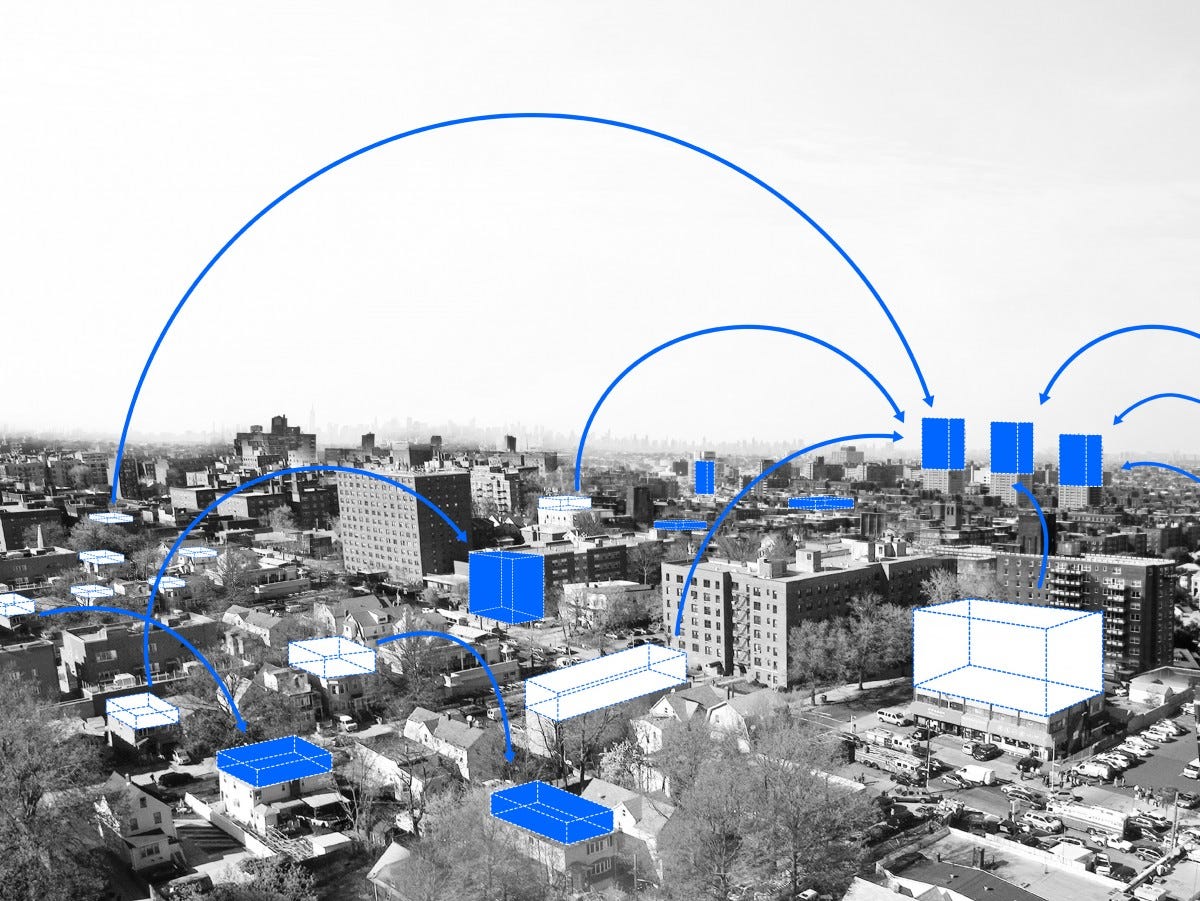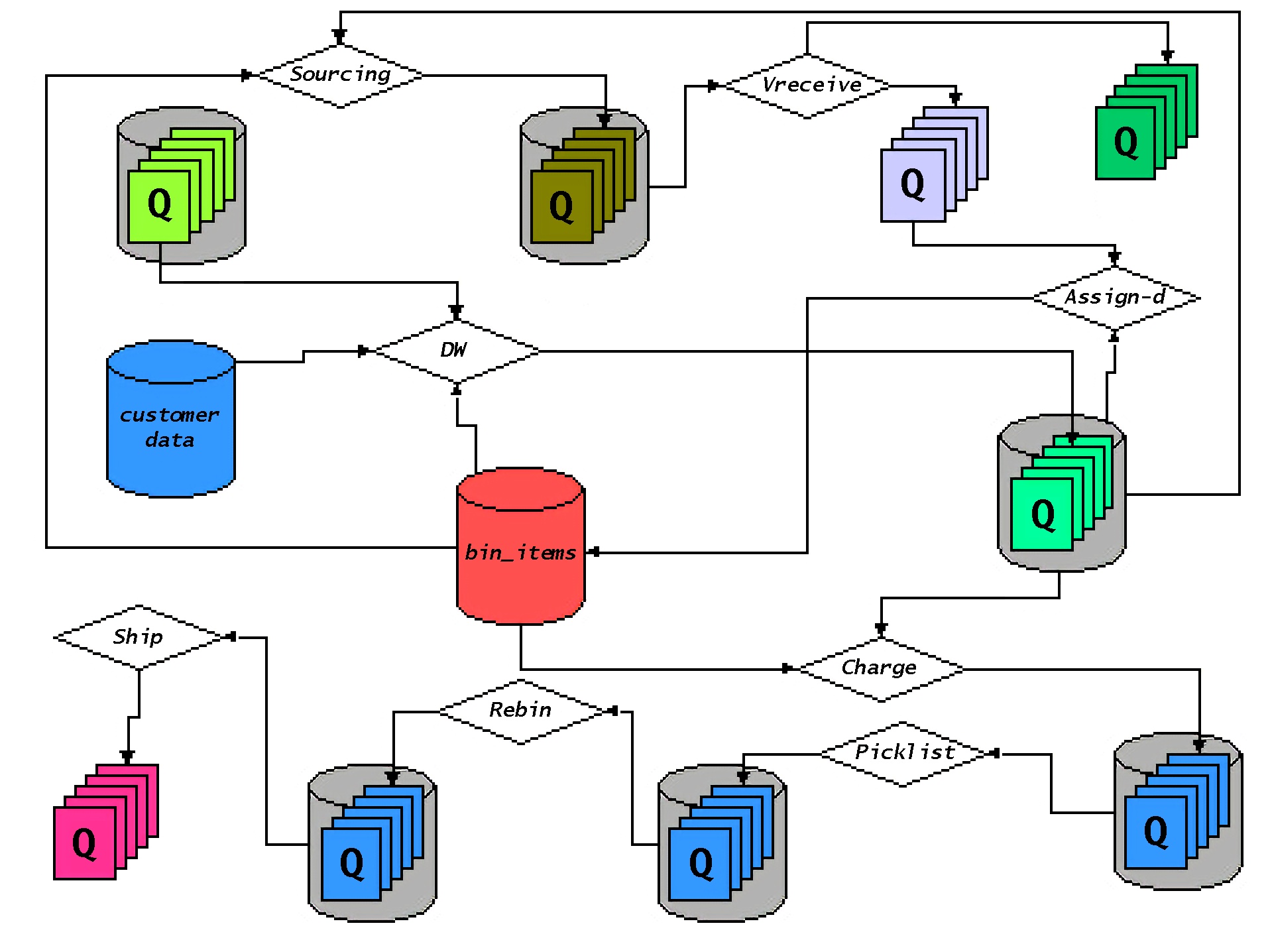- TheBetterWeb
- Posts
- Curious what Web5 is?
Curious what Web5 is?
First we need to understand what’s up with Web3.

Before we really get into Web5, we have to take a short trip to the history of the Internet and look at the ideas of the so-called Web3. The Internet has gone through some iteration so far and currently there is talk of Web3 everywhere. Let’s go!
Web1
In the 90s when the World Wide Web was starting to grow, it was the read-only web. Users could search for and read information. With a few exceptions there was no interaction and content creation was not possible for normal users. Websites held text and images, that was it.

Web2
Around 2000, Web2 slowly took hold as a read-write web. It is called the participative or the social web. Dialog and user-generated content have played a big role ever since. Dynamic websites replaced the static ones and evolving internet platforms were accessible for users' content. Thus, for the first time, there was a constant flow of information between producers or creators and users and it has become easy for everyone to create.
So much of what we use today was created during that time. Think of social media like Twitter or Facebook. Podcasting, blogging, streaming, all of that was implemented during that time.
You and I, we all use Web2.0 to this day and right now.
Web3
Web3 is the presumed next iteration of the Internet. You can hear a lot about it. But because it is still a future to take shape, things get mixed up. I will try to summarize.
Today the Internet, called Web2, is in the hands of Big Tech. Five big companies own over 70 % of the Internet. The companies are Google, Amazon, Meta, Apple and Microsoft. They have created a centralized Internet, mostly offering free apps that users pay for with their data in return. We have no control over what Facebook, for example, does with the data they have from us. However their business model is based on selling that data and has been very successful so far. That is a problem and Web3 wants to change that.
The vision: A read-write-own web governed by the people and Big Tech no longer dominating it. Data and control has to get back into the hands of the users and creators. Web3 is about rearchitecting the Internet and its services in order to benefit people, not companies and shaping it on an equal footing. A prominent and even broader example is becoming independent of financial service providers like banks or any state interference and creating a decentralized economic and finance system (DeFi). More than that: every user is supposed to become an equal part of the entire online infrastructure which is in this vision strongly linked to a technology called blockchain.
There are several terms that keep popping up in the Web3 context. I will explain them briefly.
Decentralization - In Web3 developers no longer run applications on a central server. Instead they build decentralized networks. These networks are called peer-to-peer or P2P networks where the participants are directly linked to each other and have the same rights. This means that communication does not take place via a server but directly from one computer to another. A special P2P network is the blockchain.
Blockchain - A blockchain is a decentralized network of many servers or computers, called nodes. These nodes update the blockchain and constantly receive a copy of the modified blockchain. The best comparison I know is that a blockchain is like an Excel spreadsheet with content constantly being added and written down in an immutable way. Applications like websites or apps are operated on the blockchain and called decentralized apps or Ðapps.
Cryptocurrencies - Cryptocurrencies are digital assets which also function as a medium of exchange. Individual asset attributions are recorded in a decentralized database (distributed ledger technology), usually a blockchain. This public financial transaction database uses strong cryptography to verify and secure the transactions, possessions and, if necessary, the creation of further coins or even the destruction of coins.
You will also find many other terms like token based economy, DAOs, wallets etc. but let us stay with the fundamentals for now.
Away from buzzwords and technology, however, it is actually important to understand the vision of Web3. All digital content is registered on the blockchain and assigned to owners. The blockchain cannot be changed afterwards. Such content can also be tweets or podcasts or NFTs (non-fungible tokens for digital art) that now belong to their creator and no longer to a platform or company.
All in all Web3 promises freedom, democracy and autonomy.
So a brave new world lays ahead, right?
Nope.
Why Web3 is misleading
Since the end of 2021, Web3 has been giving a lot of attention, also coming from critics though. I sum up the most important voices here.
This tweet was significant in sparking the discussion.
You don’t own “web3.”
The VCs and their LPs do. It will never escape their incentives. It’s ultimately a centralized entity with a different label.
Know what you’re getting into…
— jack (@jack)
3:51 AM • Dec 21, 2021
Jack Dorsey, Twitter's founder, criticizes the Web3 crowd and brings up a main point of criticism.
Because Web3 is one thing above all: a commercial space where big VCs invest a lot of money. Even things that have not yet been commercialized are now supposed to be tradable, like air.
German tech evangelist tante writes:
It's also a political project: teaching people that everything is property that can be bought and sold is a right-wing idea that has fallen very much out of favor. Web3 is here to change that notion, and after all those pesky human rights are challenged digitally, it will be much easier to challenge them analogously: Why can't you sell your kidney when you can sell all your data?
The two quotes underline the impression that many people have concerns when dealing with Web3. In reality it only seems to be about investments, money, exchange rates. Web3 is a place of greed, about making a quick buck. There is a gold rush atmosphere. But where is the progress here? All this happens with the intention of changing the world. To create a new, better Internet and economy. The opposite has happened.
What a week to write about how harmful Web3 is. What a time to start writing about Web5, the next meaningful iteration of the web.
TLDR: Good visions about a better Internet have turned into realities of new inequalities and distribution of power. I do not expect the so-called Web3 to recover from this because the name is irreversibly linked to those downsites.
Nevertheless the core values of the movement are worth continuing. Moving forward and back to the roots. Sounds like Web5.
Next week I will answer the question: WTF is Web5?
🔗 Recommendations for the meantime
// For more traveling back in time. Zap around & enjoy!
// Documentation about the evolution of blockchain and cryptocurrency and its ability to address real world problems.
// The fundamentals of Amazon.
That's it for now.
I always appreciate feedback, so get back to me with comments or further questions or your opinion on the development of the Internet.
Cheers 👋Daniel



